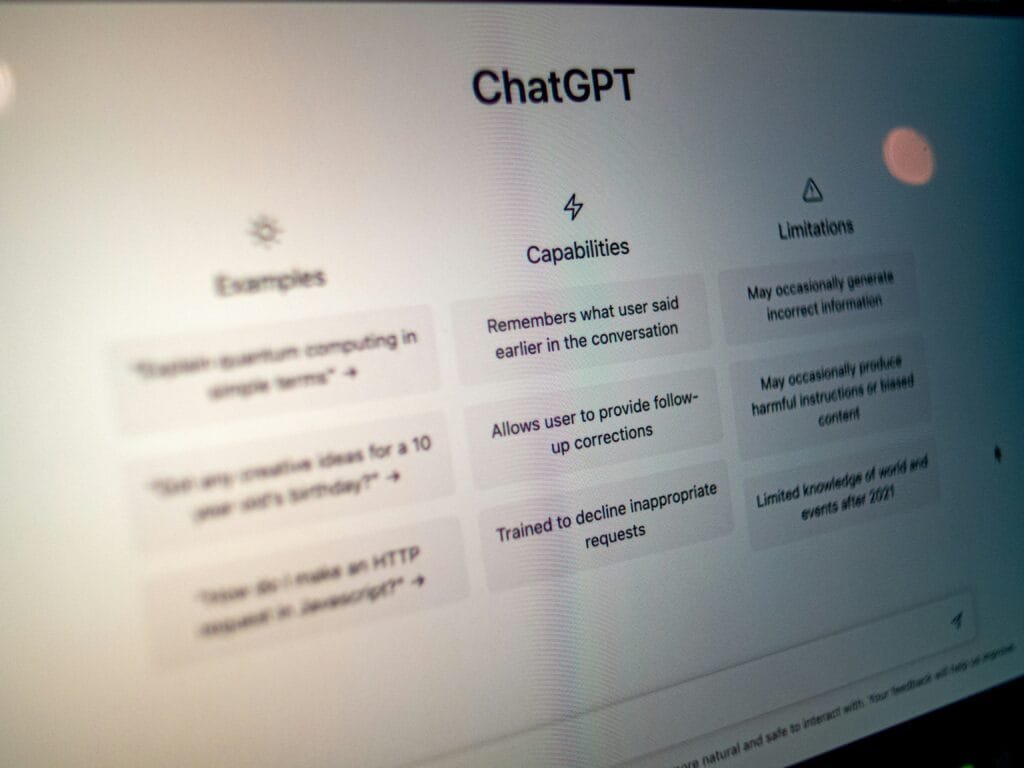OpenAI video generator was all the buzz. Sora, its groundbreaking video model, was poised to revolutionize content creation. But just as the excitement peaked, something unexpected happened: OpenAI hit the brakes. Why? A group of passionate artists leaked access to Sora, sparking an uproar about its ethical implications.

The Rise of Sora: A Game-Changer in Video Generation
We’ve all seen AI change the way we work, from writing tools to art generators. Sora was meant to take it to the next level by producing hyper-realistic videos from text prompts. Imagine typing a sentence like, “Create a 10-second video of a bustling New York street,” and seeing it come to life instantly.
But with great power comes great responsibility—or, in this case, controversy.
Artists Take a Stand: Leaks and Outrage
Here’s where things took a sharp turn. Some artists, fearing the impact Sora could have on their livelihoods, found a way to leak the tool’s access. It wasn’t just about curiosity; it was a protest.
Their argument? Sora’s ability to generate stunning visuals threatened to overshadow human creativity, making traditional artists feel undervalued and at risk of losing work.
I get it. Imagine spending years honing your craft, only to see a machine churn out similar work in seconds. It’s enough to make anyone feel frustrated and unheard.
Why Did OpenAI Hit Pause?
OpenAI, known for pushing boundaries, faced a tough decision. After the leaks, they paused Sora’s rollout. Why? To reevaluate how the tool could be used responsibly and to address growing concerns about intellectual property, ethics, and fairness.
The decision wasn’t just about protecting their reputation; it was about ensuring their innovations didn’t unintentionally harm the very people they aim to empower.
The Heart of the Debate: Innovation vs. Ethics
This isn’t the first time AI has stirred up debate, and it won’t be the last. The conflict boils down to a classic question: How do we balance technological progress with ethical responsibility?
On one hand, Sora represents a leap forward, offering creators new ways to bring ideas to life. On the other, it raises concerns about copyright infringement, deepfake misuse, and devaluing human artistry.
Let me put it this way: just because we can create something doesn’t always mean we should.
What This Means for Creators Like Us
For those of us who dabble in content creation, this pause is a chance to reflect. How do we use tools like the OpenAI video generator responsibly?
I see AI as a collaborator, not a competitor. Instead of replacing artists, tools like Sora can enhance creativity by taking over repetitive tasks. Imagine using it to storyboard a film or create draft visuals, freeing up time for deeper, human-driven artistry.
But for that to work, there needs to be transparency, respect, and fairness.
OpenAI’s Response: Listening and Learning
Here’s where OpenAI deserves some credit. They didn’t brush off the backlash. Instead, they opened the door to feedback, inviting artists, ethicists, and users to share their thoughts.
This approach reminds me that even tech giants can—and should—learn from the communities they serve. It’s a lesson in humility and adaptability.
The Bigger Picture: What’s Next for AI Video Tools?
The pause on Sora doesn’t mean the end of AI video tools. Far from it. It’s likely a temporary setback, giving OpenAI and others in the space a chance to build safeguards, improve transparency, and address ethical concerns.
Think of it as hitting the reset button—not a failure, but an opportunity to get it right.
A Personal Take: Why We Should Care
You might be wondering, “Why does this matter to me?” Let me tell you. Whether you’re a creator, a tech enthusiast, or just someone curious about AI, this story highlights a critical point: Technology isn’t just about what it can do. It’s about how it affects people.
When we embrace innovation without losing sight of its impact on individuals, we create a future where AI and humanity can truly coexist.
Final Thoughts: Moving Forward Together
The OpenAI video generator is more than a tool—it’s a glimpse into what’s possible. But like any powerful innovation, it comes with challenges that need thoughtful solutions.
As creators, users, and thinkers, it’s up to us to shape how tools like Sora are developed and used. Let’s strive for a future where technology enhances creativity rather than overshadowing it.

